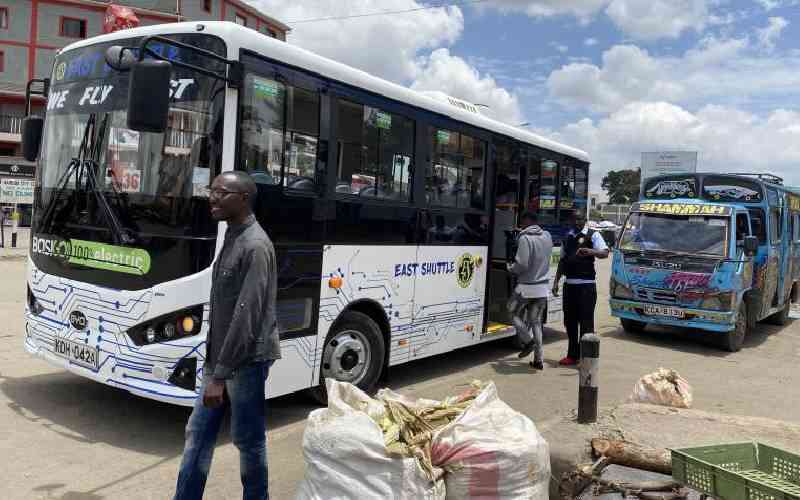×
The Standard e-Paper
Fearless, Trusted News

The electric bus company BasiGo is gearing up to start local production by the end of this year as it eyes what it says will be an explosion in demand for electric buses in the country.
The firm, which together with two public service vehicle operators, has been piloting two buses on two routes in Nairobi's Eastlands area and recently imported another 15 units that will now be deployed across different city routes.